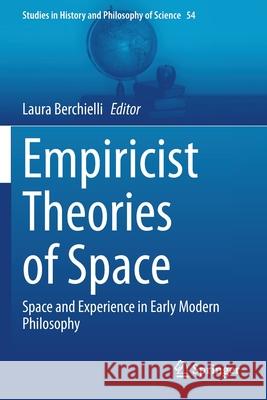Empiricist Theories of Space: Space and Experience in Early Modern Philosophy » książka
topmenu
Empiricist Theories of Space: Space and Experience in Early Modern Philosophy
ISBN-13: 9783030576226 / Angielski / Miękka / 2021 / 230 str.
Empiricist Theories of Space: Space and Experience in Early Modern Philosophy
ISBN-13: 9783030576226 / Angielski / Miękka / 2021 / 230 str.
cena 442,79
(netto: 421,70 VAT: 5%)
Najniższa cena z 30 dni: 424,07
(netto: 421,70 VAT: 5%)
Najniższa cena z 30 dni: 424,07
Termin realizacji zamówienia:
ok. 22 dni roboczych
Bez gwarancji dostawy przed świętami
ok. 22 dni roboczych
Bez gwarancji dostawy przed świętami
Darmowa dostawa!
Kategorie BISAC:
Wydawca:
Springer
Język:
Angielski
ISBN-13:
9783030576226
Rok wydania:
2021
Ilość stron:
230
Waga:
0.32 kg
Wymiary:
23.39 x 15.6 x 1.22
Oprawa:
Miękka
Wolumenów:
01
Dodatkowe informacje:
Wydanie ilustrowane











